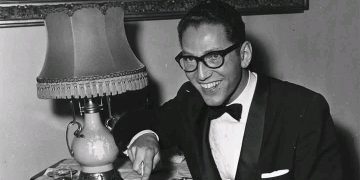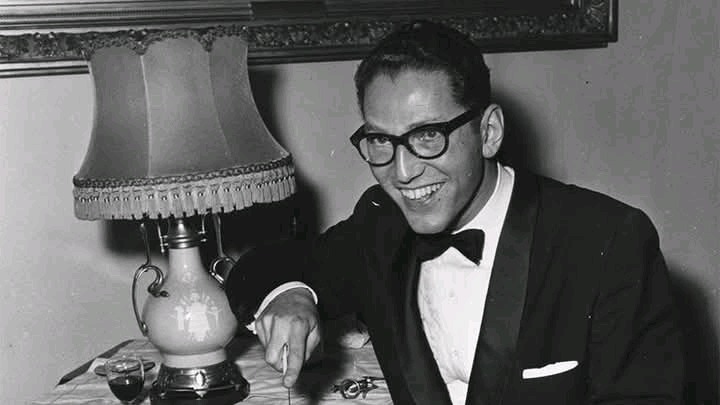Tom Lehrer, the legendary American musical satirist, mathematician, and cultural provocateur has died at the age of 97, US media have reported. His death was confirmed over the weekend by close friends and reported by outlets including The Washington Post and Vulture, sparking renewed global reflection on a career that was as audacious as it was brief.
Born in New York City in 1928, Lehrer embodied the improbable blend of Ivy League mathematician and subversive songwriter. By the age of 15, he had already entered Harvard College to study mathematics, a subject he would later teach at MIT, Harvard, and the University of California, Santa Cruz.
Yet it was in smoky cabarets and on brittle vinyl records that Tom Lehrer found his enduring voice. Beginning in the early 1950s, he self-produced and distributed his first album, Songs by Tom Lehrer, containing tracks that veered from absurdity to savage social critique, songs like Fight Fiercely, Harvard and The Old Dope Peddler that hinted at his talent for mocking both power and pomposity.
Lehrer’s most famous works arrived as the world was grappling with Cold War paranoia and social upheaval. In Poisoning Pigeons in the Park, he mixed a lilting melody with lyrics about casual cruelty, while The Vatican Rag irreverently skewered religious ritual.
His live album, That Was the Year That Was, directly addressed topics from nuclear proliferation to civil rights with an audacity that set him apart from his contemporaries. Through it all, his humor remained deadpan, his piano accompaniment deceptively cheerful, and his message unmistakably sharp.

Though Tom Lehrer recorded only a handful of albums and gave relatively few public performances, his influence far outlasted his time on stage. From the 1970s onward, he largely retreated from musical satire, famously quipping that political reality had become so absurd that it rendered satire pointless.
Yet even as he stepped back, his legacy only deepened. Generations of performers, from Weird Al Yankovic to Broadway creators and comedy writers, have cited Tom Lehrer as an inspiration, drawn to his fearless humor and refusal to pander to audiences.
In a final act that seemed true to his contrarian spirit, Tom Lehrer announced in 2020 that he had placed his entire musical catalogue into the public domain, declaring it free for anyone to use without permission or royalty. It was a gesture of generosity but also a statement of principle: art, he seemed to suggest, was ultimately for the people, not for profit.
At the heart of Tom Lehrer’s genius lay an uncompromising belief in the power of satire to expose hypocrisy, tempered by the quiet modesty of a man who never fully embraced celebrity. His songs made listeners laugh, cringe, and think, often all at once, and they continue to feel unsettlingly relevant decades later.
Lehrer’s passing at 97 is not merely the loss of a satirist; it is the farewell to an era when humor, sharpened by intellect, dared to challenge the comfortable and the powerful.
































